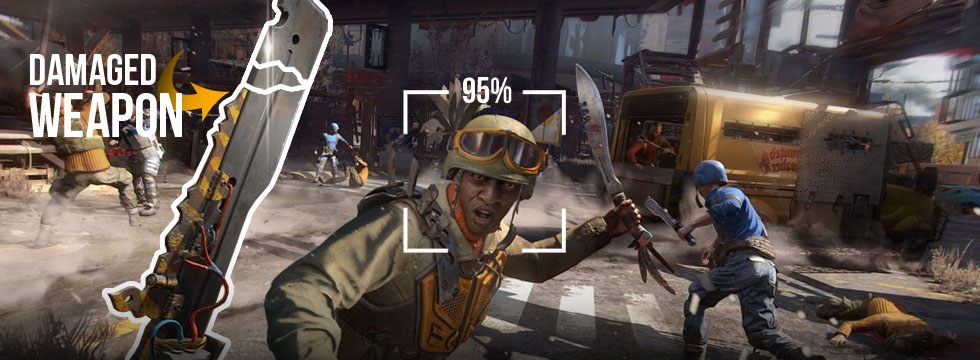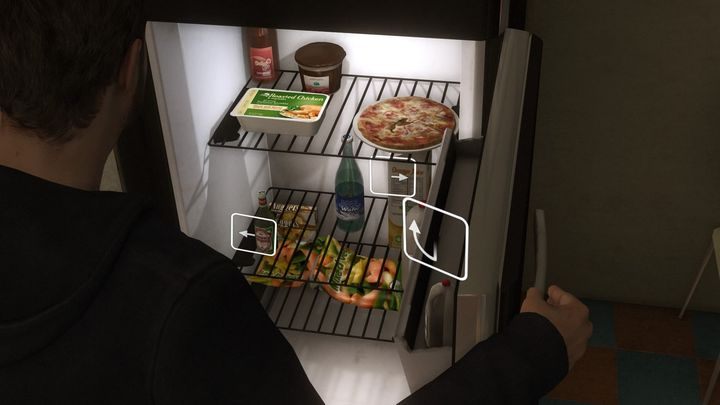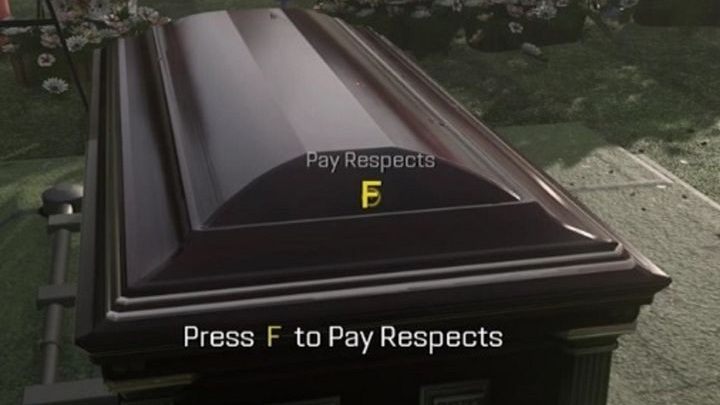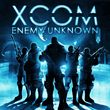Quick-time events. All the game mechanics we despise

- 95% Chances of Success and I Missed?! Game Mechanics We Hate
- Force of entropy – weapon wear
- Level scaling – David becoming Goliath
- Quick-time events
- RNG
- You're overloaded!
- Save the game only once!
- Killstreaks – Massacre of the Innocents
- Your computer is a fraud
- The Witcher sens(l)es(s)
Quick-time events
Heavy Rain was a great adventure for many of us – for some, even a revolution of sorts. The question about whether it was a game or an interactive movie is still relevant.

Blaming David Cage for all the evils of this world can be fun, but it's not his fault this time. The feature popularly known by the acronym "QTE" was invented by Yu Suzuki, the creators of the cult-classic game, Shenmue. And although QTEs had appeared in one form or another before (Dragon's Lair, 1983; Die Hard Arcade, 1996), Shenmue was the game that put a conscious emphasis on this aspect. Cage, on the other hand, was the one who reminded the mainstream of this principle, and showed that you could base literally the whole game on it. Say what you want, but Fahrenheit (aka Indigo Prophecy) was outstanding!
Since Shenmue, people were losing sleep over the QTE, which started to be implemented into all kinds of games. It was in God of War, Resident Evil 4 or Prince of Persia. However, since David Cage made an entire game based on QTE, the solution became controversial – some said that QTE emphasizes the "cinematic quality" of the experience, allowing new forms of narration. The opponents claimed that the solution is rather crude, forcing the player to desperately try and anticipate which key should be pressed, effectively drawing their attention away from the story, and (which is a bulky accusation) takes control away from us.

Although the assumptions make sense in the abstract, a sensible implementation is very difficult. In Call of Duty: Advanced Warfare, we've seen one of the most ridiculous examples of using a QTE as means of infusing the game with "cinematic quality." "Press F to pay respects," although certainly stemming from noble intentions, was actually an awful trivialization of a soldier's funeral.
My problem with QTEs lies elsewhere – it's breaking my thumbs trying to open a gate. Really, what is the point of this? If that's supposed to mimic the effort of Kratos, it does so rather fecklessly.







